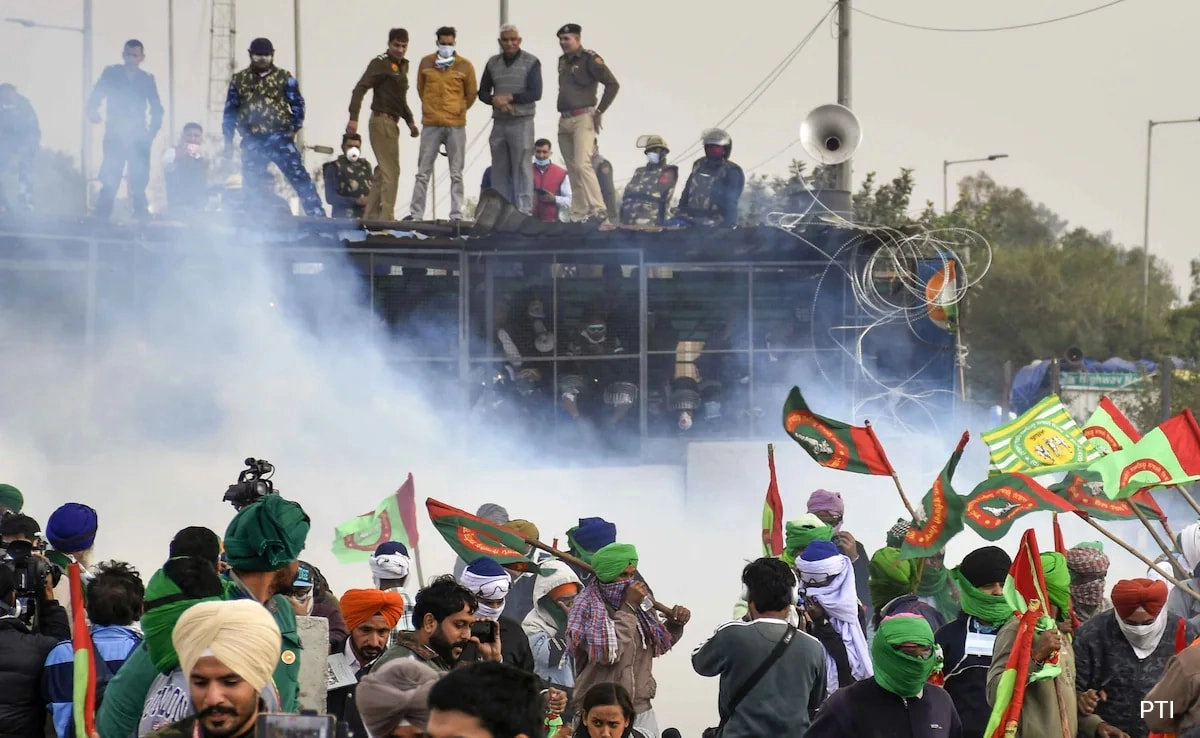Karnataka Chief Minister Siddaramaiah recently described the Dasara festival as a ‘secular’ event, emphasizing its inclusive nature that transcends religious boundaries. This assertion came in response to criticism regarding the invitation extended to Banu Mushtaq, a prominent figure in the Muslim community, to participate in the festivities. Siddaramaiah defended this decision by highlighting the essence of Dasara, which symbolizes victory over evil and the celebration of good across various cultures. By inviting individuals from diverse backgrounds, the festival fosters unity and promotes a spirit of tolerance among different communities in Karnataka.
The Chief Minister’s remarks underscore the importance of secularism in contemporary Indian society, where communal harmony is vital for social cohesion. Siddaramaiah pointed out that the ethos of Dasara aligns with the principles of inclusivity, allowing people from various faiths to come together in celebration. This approach not only honors the traditions of the festival but also reinforces the message that cultural and religious diversity should be celebrated rather than marginalized. His stance seeks to challenge the notion that certain festivals are exclusive to specific religious groups.
Moreover, Siddaramaiah’s invitation to Banu Mushtaq serves as a powerful statement against rising communal tensions in the region. By welcoming leaders from different faiths into the fold of traditional celebrations, the Chief Minister aims to bridge divides and promote understanding among communities. This gesture reflects a broader commitment to fostering an environment where various cultures can coexist harmoniously. It also sends a clear message that the government values participation from all sections of society, reinforcing the idea that festivals like Dasara should embody the spirit of inclusivity.
In a time when social media amplifies voices of dissent and division, Siddaramaiah’s proactive stance on secularism during Dasara is both timely and necessary. It invites citizens to reflect on the true meaning of such celebrations, urging them to embrace a collective identity that transcends individual differences. As Karnataka prepares to celebrate Dasara, the Chief Minister’s vision for a united and inclusive festival serves as a reminder of the power of community and the significance of standing together in diversity. This initiative could potentially set a precedent for future celebrations, where the focus remains on unity and mutual respect among all citizens, regardless of their religious backgrounds.




